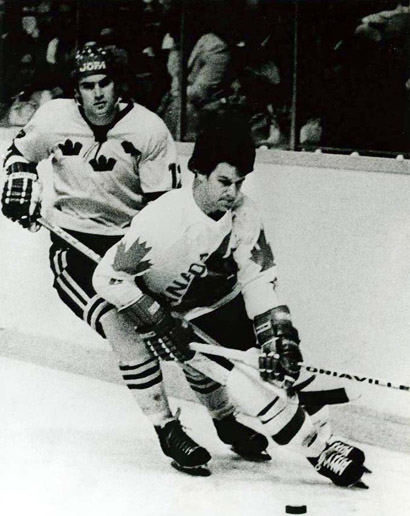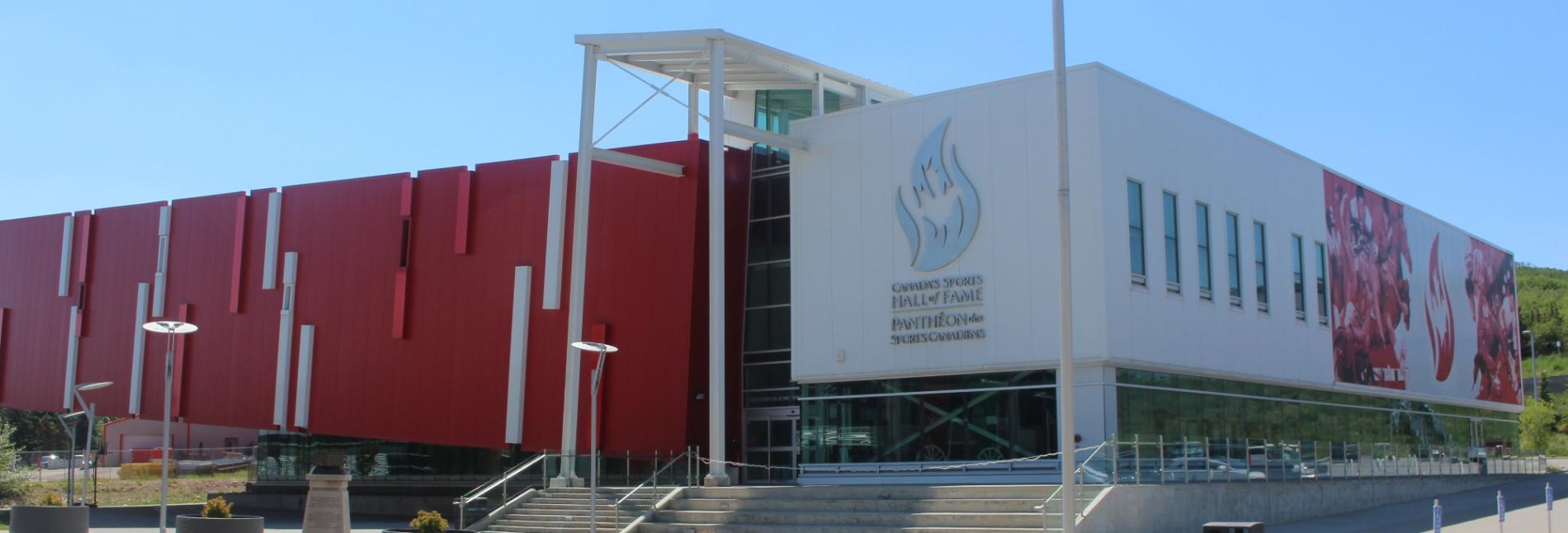Hall of Famer
Bobby Orr
Inducted in 1982, 2005
Member Details
Career Highlights
Set record for defencemen with 21 goals
Led NHL in assists and points, won Art Ross, Conn Smythe, James Norris, and Hart Trophies as well as the Stanley Cup
Six straight 100-point seasons
Stanley Cup - Boston Bruins
Canada Cup MVP

Story
The career of Bobby Orr is, quite simply, without compare. No one played the game the way he did. No one dominated. No one excited or succeeded the way he did. By the time he was 12 years old, everyone was dreaming of the day he would be in the NHL. When he did join Boston in 1966, he played the way he was supposed to—and then some. Orr played provincial hockey at 14 and major junior, in Oshawa, at 15. He didn't just play, though; he dominated. At 18 and just starting out in the NHL, he amazed the truly great players such as Gordie Howe and Bobby Hull. As a rookie, he scored 13 goals from the blueline and was named winner of the Calder Trophy. The next year, his season was reduced to 46 games because of a knee injury, the first of many that ravaged his body and ended his career too early. Orr dazzled because he was a defenceman who could rush the puck. He created the term end-to-end rush, but unlike the great rushers of the past from Eddie Shore to Doug Harvey, Orr had the ability to go from behind his own goal right to the goalmouth at the other end and finish the play with a great deke or amazing shot. The term rushing defenceman came to life with Bobby Orr. In his third season, he set a record for defenceman with 21 goals, a number he would render laughable in the coming years. In 1969-70, he doubled his output, scoring 33 goals, setting a league record with 87 assists, and leading the NHL with 120 points to win the Art Ross Trophy, an accomplishment so other-worldly it remains difficult to grasp to this day. The 1970 playoffs marked his maturity. He led the team to the Stanley Cup, the first for Boston since 1941, a win climaxing with his overtime goal on Glenn Hall in which he dove through the air in celebration, perhaps the most famous NHL image of all time. Orr set new records in each of his next two seasons by scoring 37 goals, and in '70-'71 recording 102 assists and 139 points, eclipsing his own records for defenceman. In all, he had six straight seasons of 100 points or more, but while he was setting records and wowing the league he was spending virtually every summer recovering from serious knee injuries. The wear and tear finally caught up with him in '75-'76 when he played just ten games before missing the rest of the year with another surgery. In the summer of 1976, Orr signed a huge contract with Chicago, but before he played a game with the Hawks he led Canada to a win in the inaugural Canada Cup in which he was named tournament MVP. He played just 20 games with the Hawks, however, before missing another year with knee problems, and he took all of '77-'78 off hoping a longer convalescence would help. It didn't. Six games into the next year, he retired, barely able to walk properly let alone play the game the way he needed to play. He retired after just 657 games and 917 points. He won the Norris Trophy as best defenceman eight straight years, virtually every healthy year he played. He won two scoring championships, still the only defenceman to do so even once. He scored two Stanley-Cup winning goals and three times was named Hart Trophy winner as the league's best player. He played in every All-Star Game his knees permitted him to and he won the Conn Smythe Trophy twice as well. Orr changed the way the game was played, changed the role of the defenceman, changed the way coaches defended rushing defenceman. He inspired Denis Potvin and Paul Coffey in future generations, and he played the game in an exciting and full throttle style which brought fans into arenas and lifted them from their seats when he grabbed a puck. Number Four, Bobby Orr, was the greatest blueliner of them all.






